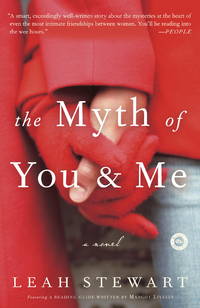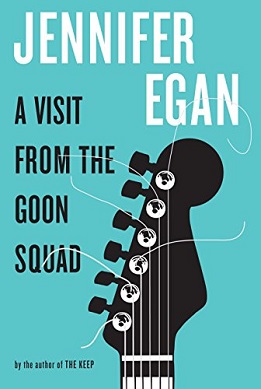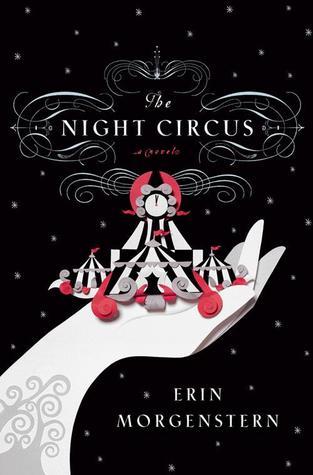
Summary:
When Cameron was fifteen, she and Sonia were best friends—so close it seemed nothing would ever come between them. Now Cameron is a twenty-nine-year-old research assistant with no meaningful ties to anyone except her aging boss, noted historian Oliver Doucet. Nearly a decade after the incident that ended their friendship, Cameron receives an unexpected letter from her old friend. Despite Oliver’s urging, she doesn’t reply. But when he passes away, Cameron discovers that he has left her with one final task: to track down Sonia and hand-deliver a mysterious package to her. The Myth of You and Me captures the intensity of a friendship as well as the real sense of loss that lingers after the end of one. Searingly honest and beautiful, it is a celebration and portrait of a friendship that will appeal to anyone who still feels the absence of that first true friend.
My Take: 3 looks
Cameron is a woman used to being on her own. Or is she? Sonia was her tried and true best friend. So why was it so easy to leave Sonia at a gas station on the interstate?
Interesting book, interesting characters, and a premise that happens to us all: the loss of a friendship. I liked the book, found it very easy to read, but it didn't engage me enough to give it 4 stars





